Thirty-one years after the tragic plane crash that claimed the lives of Burundian President Cyprien Ntaryamira and Rwandan President Juvénal Habyarimana, the Burundian political party SAHWANYA-FRODEBU has issued a renewed call for a thorough investigation and justice for the victims.
In a statement issued Sunday, Phenias Nigaba, deputy president of SAHWANYA-FRODEBU, the party to which President Ntaryamira belonged, urged national and international actors to pursue accountability in what he called “a grave crime that continues to leave unanswered questions.”
“The party calls for a thorough investigation to clearly identify those responsible for this crime so that they may be brought before justice and held accountable,” Nigaba told Isanganiro, a local radio station. “The perpetrators must face appropriate sentences.”
Nigaba also called for reparations, emphasizing the need for compensation to be provided to both the bereaved family and the political community that President Ntaryamira represented.
“The insurance companies should have already provided compensation so that the country of Burundi, the bereaved family, and the political family—FRODEBU—could be compensated,” he said.
The 31st commemoration of President Ntaryamira’s death was marked on Monday with a wreath-laying ceremony at his tomb in Burundi’s economic capital, Bujumbura. The event, led by top-level officials and clergy, proceeded without an official address from national leaders. Later, a memorial mass was held at Cathédrale Regina Mundi in Bujumbura.
During the service, Bishop Gervais Banshimiyubusa of the Bujumbura Catholic Archdiocese echoed the call for justice, describing it as essential for national healing.
“Let us pray to God that people may rise up to help us seek the truth about what happened,” said the bishop. “Only truth that seeks to heal and not destroy can save us.”
He urged that justice in this case—and in other unresolved crimes—should not be about pleasing factions or seeking revenge, but about fostering national reconciliation and unity.
“We need people who stand in truth so that our country can make visible progress in all areas,” he added.
President Cyprien Ntaryamira and President Juvénal Habyarimana were returning from peace talks in Tanzania, aimed at resolving civil conflicts in both Rwanda and Burundi, when their plane was shot down by surface-to-air missiles near Kigali International Airport on April 6, 1994. All passengers on board perished.
The incident is considered a key trigger for the 1994 Rwandan genocide against Tutsis, which unfolded in the weeks that followed and claimed the lives of nearly a million people. Who shot down the plane remains a mystery, and investigations have remained inconclusive. However, some reports have alleged that the attack was carried out by the Rwandan Patriotic Front (RPF), the rebel movement then led by Paul Kagame, who is now the President of Rwanda.
Ntaryamira had only been in office for two months. He was elected by the Burundian National Assembly following the assassination of President Melchior Ndadaye in 1993 and was sworn in on February 5, 1994. Known for his call for national discipline and institutional reform, Ntaryamira’s leadership promised inclusivity and stability in a country grappling with civil unrest.
“Without delay, we will prioritize discipline in all areas of the country—discipline in the army, in educational institutions, in work, in governance,” he said during his inaugural address.
Despite numerous appeals over the years, the investigation into the plane crash has yielded no concrete results. In an exclusive interview with the BBC, Sylvana Ntaryamira, widow of the late president, expressed frustration over the lack of progress.
“I wrote to the UN when Kofi Annan was Secretary-General. He said it would be better if the country requested it,” she said. “The Burundian government helped me submit the request, but nothing has been done until now.”
Léonce Ngendakumana, former Speaker of the National Assembly and a senior member of SAHWANYA-FRODEBU, emphasized the long-standing political tensions between Burundi and Rwanda that the assassination exacerbated.
“The region is still not stable,” he said. “Since then there has been ongoing tension between Burundi and Rwanda. The solution lies not in justice alone but in political dialogue and regional cooperation.”
Ngendakumana argued that diplomatic normalization between the two nations is a prerequisite for truth and reconciliation.
“The assassination of President Cyprien Ntaryamira is not just a regular issue—it is a political issue,” he stressed.

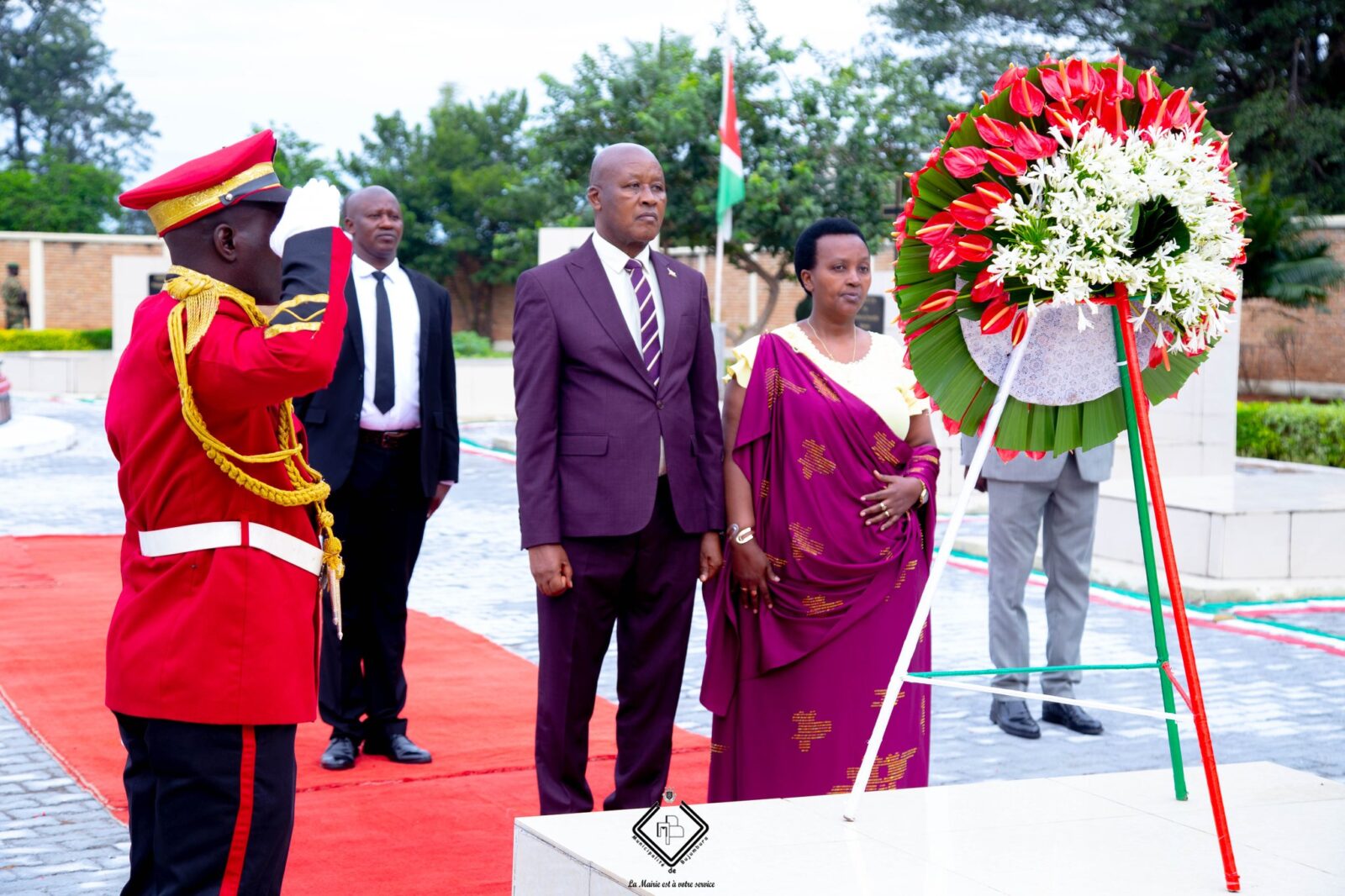
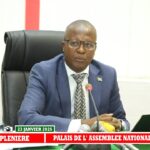
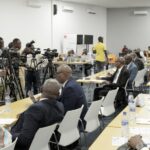
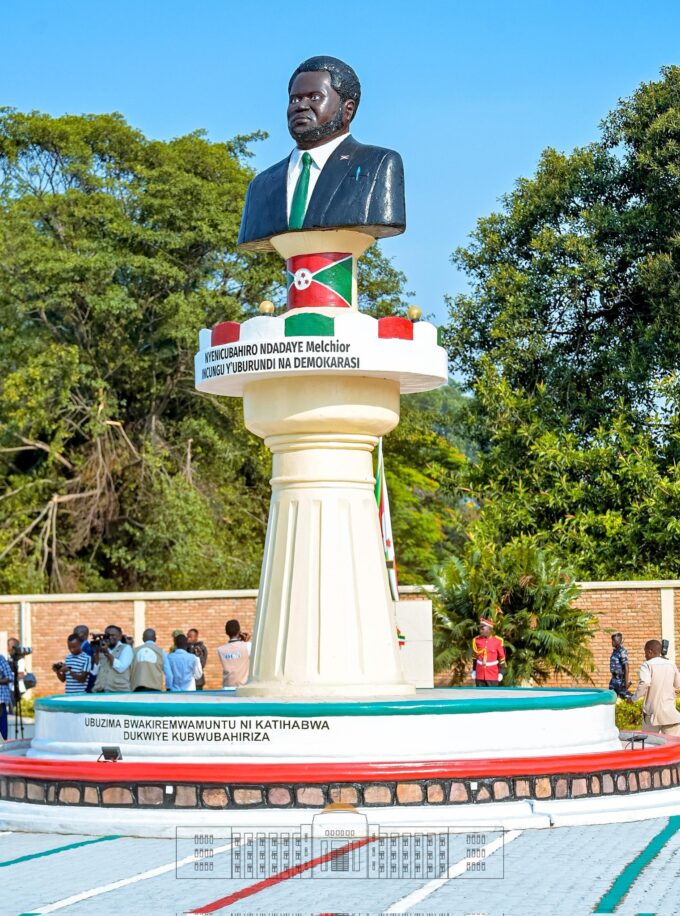
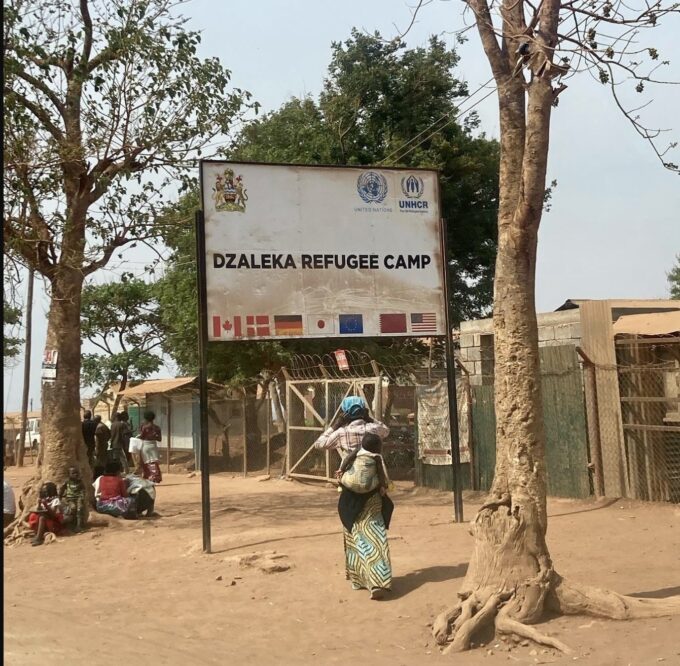
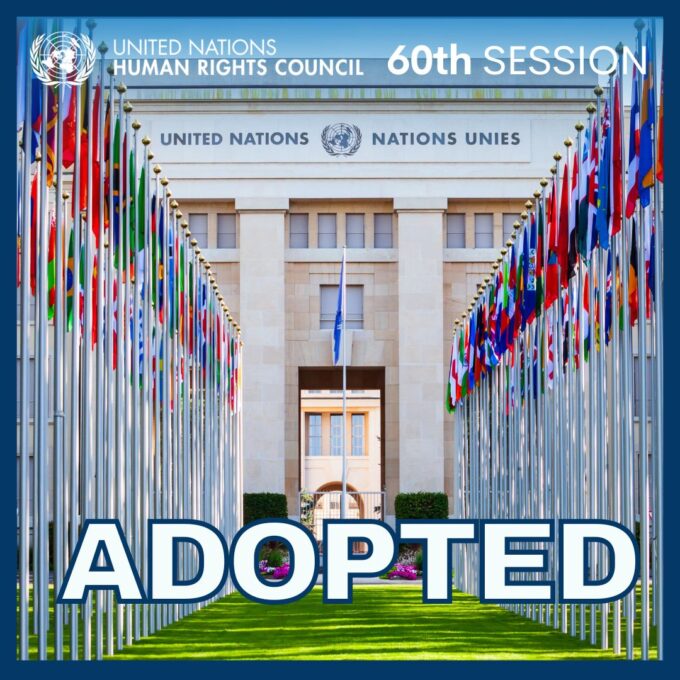
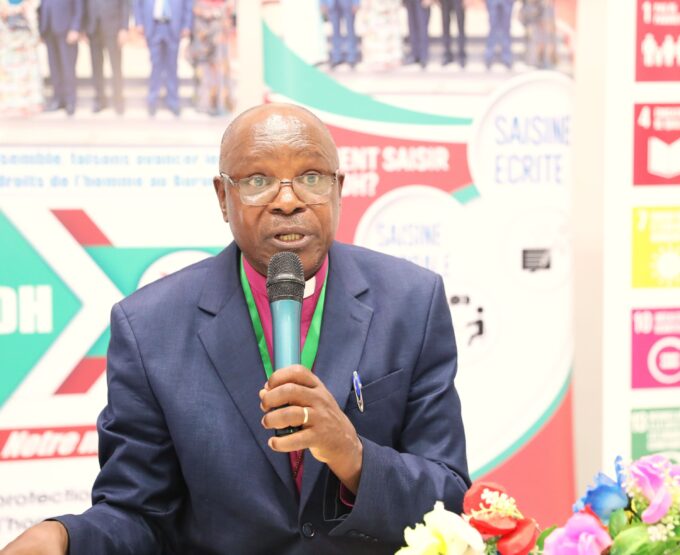
Leave a comment